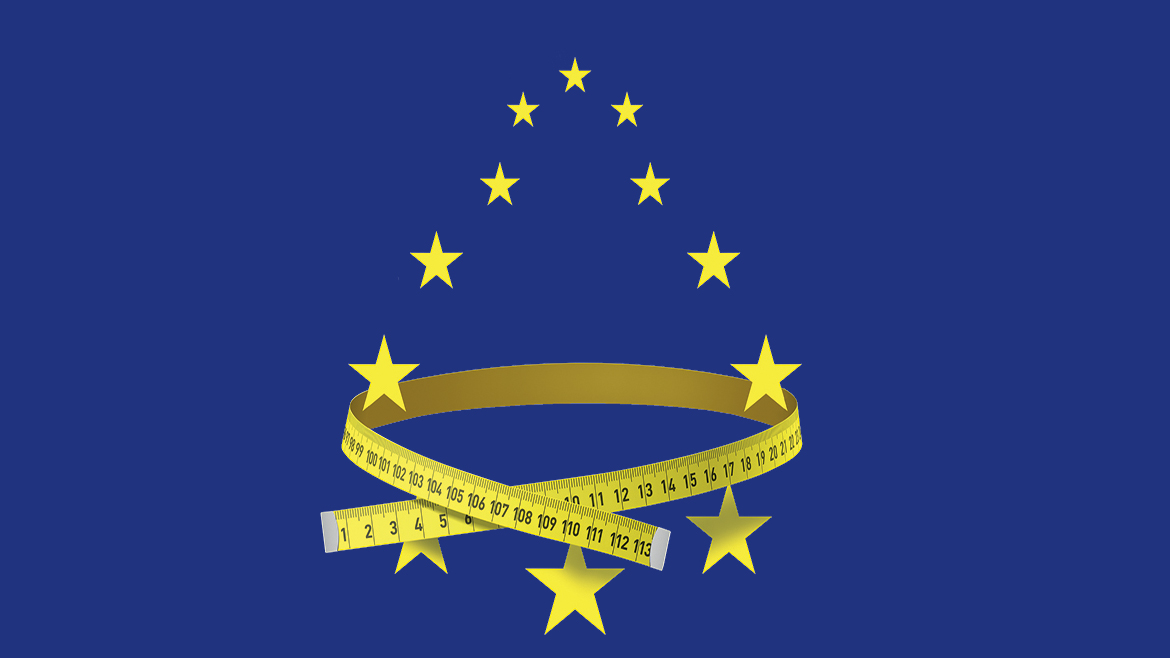It is becoming clear that national approaches to obesity need to take into account two very different target populations. On the one side are healthy people, for whom prevention programmes are largely designed. Our report shows that an important element of solving the problem is creating an environment that prevents obesity rather than encourages an unhealthy lifestyle. Experts and policymakers agree that lifestyle and behavioural education programmes have a crucial role to play in preventing obesity in those who have a healthy weight.
On the other side are those who are already severely overweight and obese, for whom the traditional emphasis on behavioural change is generally ineffective. The American Medical Association classified obesity as a disease in June 2013. Experts interviewed for this report highlight that obesity is a medical condition, which is hard to treat and which is directly linked to the development of associated conditions, most notably type 2 diabetes. This report highlights that obesity prevention programmes can increase the stigmatisation of obese and overweight people; in turn, stigmatisation can contribute to restricted access to treatment for severely obese individuals.
In this report, we look at the current national and EU-level approaches to obesity policy, identify the weaknesses in current efforts, and discuss how strategies might be adapted to confront the scale of the obesity problem more effectively.
The key findings include the following.
Variations in obesity rates suggest the need for more targeted programmes. Not all countries in western Europe are experiencing the epidemic in the same way, with rates appearing to plateau in recent years in countries such as the UK and Spain, at the same time as they are on the rise elsewhere. Moreover, national figures hide significant socioeconomic differences in obesity rates, with levels generally highest among the most deprived groups in society. This suggests the need for a better targeting of policy initiatives.
Obesity-associated diseases and scarcity of data add to strains on health systems. Obesity is strongly linked with the development of type 2 diabetes, cardiovascular diseases and some forms of cancer, as well as musculoskeletal and mental health problems. The difficulties in assessing the full costs of the obesity epidemic are exacerbated by a lack of access to relevant data, for example on the primary causes of the condition and the best-proven ways for addressing it. The epidemic is already putting severe financial strains on health and social services as well as having repercussions on the workforce, and the costs are set to rise, although finding consistent figures can be challenging. “I think we need to really admit that we use an inadequate definition of obesity and that we lack knowledge of what really causes it,” says Professor Francesco Rubino, chair of metabolic and bariatric surgery at King’s College London. “If we started to admit how limited our knowledge is, that would help us start to ask the right questions.”
A policy focus on prevention is of little use to those already severely affected by obesity. Media coverage and public health campaigns in Europe have tended to focus on lifestyle and behavioural campaigns, which have yielded little result among those who are already obese. At the same time, physicians and researchers are increasingly arguing that obesity is a disease with complex origins, suggesting the need for better treatment for those already affected. “This should be seen as a major problem for society as a whole, and not just a problem for individuals or the health system,” says Roberto Bertollini, chief scientist and World Health Organisation (WHO) representative to the EU. More evidence-based programmes are needed and data collection will have to improve to help inform policymakers.
Only an integrated, multi-sectoral strategy is likely to cap the growth of obesity rates. No European country has a comprehensive strategy for dealing with obesity, although some have made more progress than others, and many have published some form of government plan. Any successful approach to tackling obesity will have to be an integrated one, involving not just health ministries and nutrition agencies but also the transport, food, agriculture and education departments.
Creating an overall environment that deters obesity is key to solving the problem. Those interviewed for this paper repeatedly observed that many aspects of the modern environment are not only failing to support prevention targets and those struggling to lose weight, but are in fact encouraging an unhealthy lifestyle. Changing this “default setting” requires a better understanding of the complex ways in which our environment makes it easier to become obese and harder to reverse the condition, as well as a commitment to changing them.






